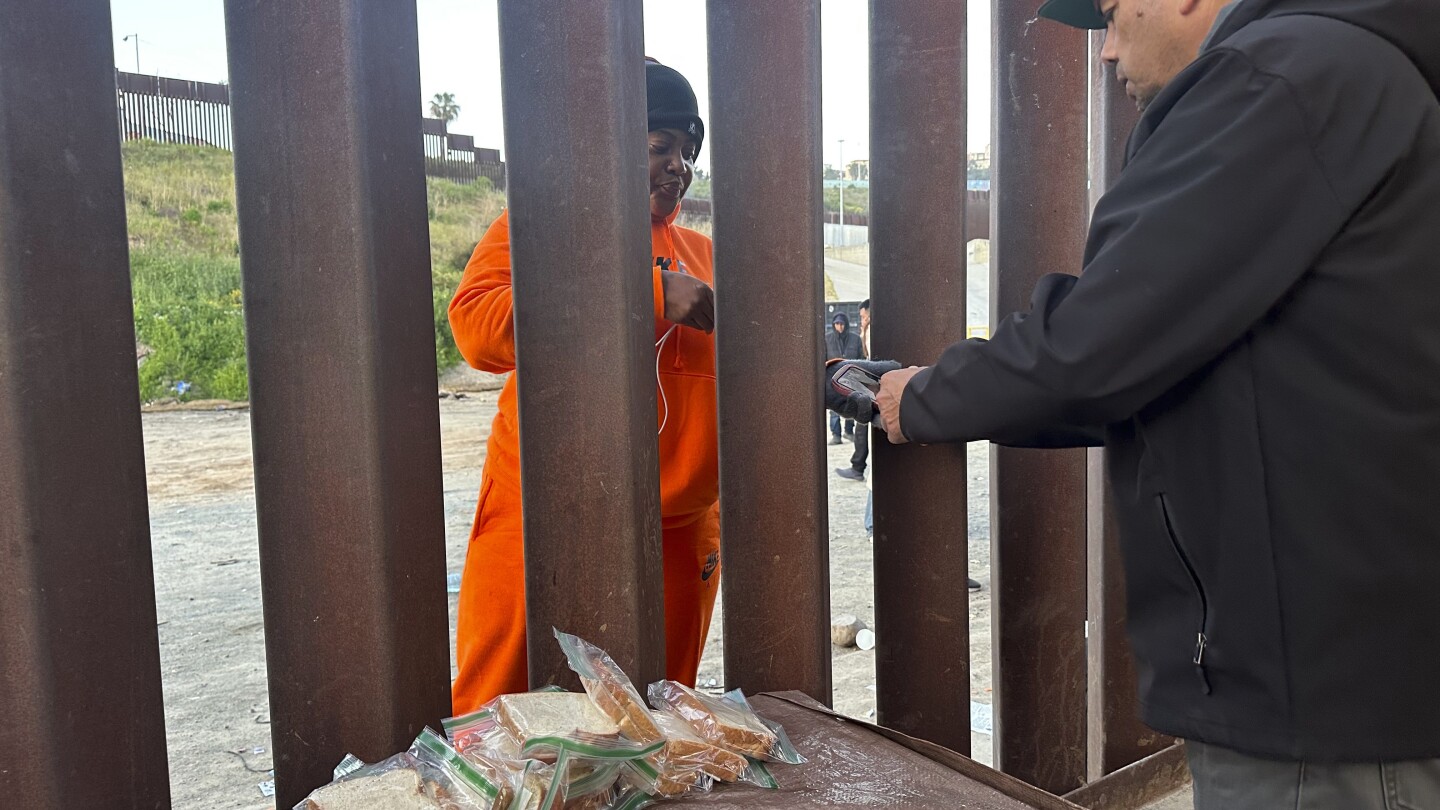A federal judge on Friday sharply questioned the Biden administration’s position that it bears no responsibility for housing and feeding migrant children while they wait in makeshift camps along the U.S-Mexico border.
The Border Patrol does not dispute the conditions at the camps, where migrants wait under open skies or sometimes in tents or structures made of tree branches while short on food and water. The migrants, who crossed the border illegally, are waiting there for Border Patrol agents to arrest and process them. The question is whether they are in legal custody.
That would start a 72-hour limit on how long children can be held and require emergency medical services and guarantees of physical safety, among other things.
U.S. District Judge Dolly Gee said evidence presented by migrant advocacy groups appeared to support the definition of legal custody. “Are they free to leave?” she asked.
“As long as they do not proceed further into the United States,” answered Justice Department attorney Fizza Batool.



Are they unequivocally, without limitation or restriction, free to leave and go elsewhere? If not, they are in custody.
It says they are free to fuck off back to Mexico, nowhere else.
Certainly sounds like custody to me.
You do know that most of them aren’t Mexican, right?
I didnt know that. Did they arrive via Mexico?
Yes. Hence waiting between border walls in San Diego.
Then my original comment was accurate.
That’s not true. If it were, you would always count as “in custody” because there are places you can’t legally go, like into my home without my consent, or into a federal prison without permission, or…
You seem to think that not being allowed to go somewhere is the same as not being allowed to leave somewhere. It isn’t. The latter is only legal to do to someone if you’re the government. You do not have the legal right to prevent me from leaving your home. That’s kidnapping.
I didn’t say go anywhere. I said, “Leave and go elsewhere”. The idea is simple. Are there restrictions on their ability to move, to leave?